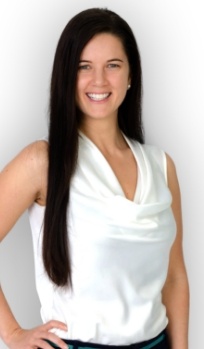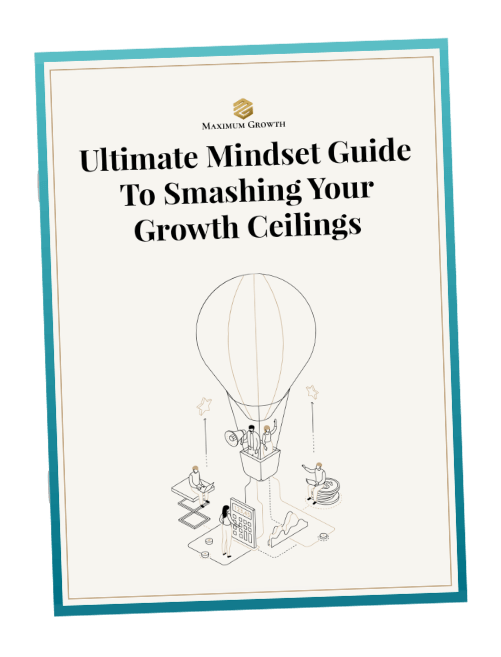Parenthood, that remarkable journey of nurturing and guiding the next generation, is often filled with moments of profound self-discovery.
As parents, we embark on this voyage with the intention of imparting wisdom and love to our children (or just doing the opposite of what our parents did haha).
Yet, in the process, our little ones can become powerful mirrors, reflecting aspects of ourselves that we have long neglected or disowned.
In this journey of reflection, children can be catalysts for our own growth and transformation, leading us on a path of unconditional self-love.
The Mirror Effect: Children As Reflectors
Children possess an uncanny ability to mirror our thoughts, behaviours, and emotions. They hold up a mirror to our subconscious, reflecting back to us aspects of ourselves that we may not have fully embraced or acknowledged.
This phenomenon is not merely coincidental; it is deeply rooted in psychology.
Psychologist Carl Jung introduced the concept of the “shadow self” – the parts of our psyche that we have repressed or disowned due to societal conditioning or personal discomfort.
Children, in their authenticity, often bring these shadow aspects to the surface.
It can be as simple as a child exhibiting stubbornness when we, as parents, have strived to be accommodating. Or it can manifest as a child expressing vulnerability when we’ve habitually concealed our own.
The Lesson in Reflection: Embracing Disowned Parts
Children’s reflections can serve as valuable lessons. Rather than viewing these reflections with resistance or judgment, we can choose to explore them with curiosity and fascination.
When a child exhibits a trait, action or inaction that triggers discomfort within us, it is an invitation to examine our own thoughts and experiences.
Perhaps we have been suppressing these very traits, actions or inactions due to societal expectations or past experiences.
As philosopher Søren Kierkegaard wisely noted, “Life can only be understood backward, but it must be lived forwards.” By engaging in this introspective journey, we can gradually uncover and integrate these disowned parts of ourselves.
This process can be challenging, as it often requires us to confront long-buried emotions and unresolved experiences. It is through this that we find the path to love.
Parenting as Self-Reflection: Breaking the Cycle
In addition to mirroring our disowned parts, children can also challenge us to break free from cycles of generational patterns and conditioning.
Many of us inherit behaviours and beliefs from our parents and ancestors, both positive and negative. Children, by their very presence, prompt us to question these patterns.
Are we perpetuating cycles of emotional suppression, perfectionism, or inadequacy? Or are we actively working to create fulfilled environments for our children?
To quote philosopher Friedrich Nietzsche, “Become who you are.” Parenthood can be a profound opportunity to become more authentically ourselves by shedding the layers of inherited expectations and embracing our true selves.
Unconditional Self-Love: The Ultimate Gift to Our Children
As we journey through self-reflection and integration of our disowned parts, we ultimately arrive at the destination of unconditional love. This form of love is not dependent on external validation or perfection.
It is a love that embraces our flaws, vulnerabilities, and imperfections, recognizing them as integral parts of our unique human experience.
When we model unconditional love, we gift our children with a powerful lesson – the importance of self-appreciation. This invaluable lesson equips them to navigate their own lives with resilience and authenticity, unburdened by the need for external approval and acceptance.
Conclusion: The Transformative Mirror of Parenthood
Parenthood is a profound journey of self-discovery and growth. Our children, as mirrors of our disowned parts, beckon us to embark on a voyage of self-reflection and integration.
Through this process, we can break free from generational patterns and conditioning, ultimately arriving at the shores of unconditional love.
In doing so, we not only transform ourselves but also gift our children with the wisdom and inner strength to embrace their own unique journeys with love and authenticity.
As the philosopher Rumi reminds us, “The wound is the place where the light enters you.”
Let us embrace the reflective power of parenthood and let the light of love illuminate our lives and the lives of our precious little ones.
P.S. At 15 weeks pregnant, Kate’s unborn baby had a heart condition. She decided to end the baby’s life against the medical team pushing for her to keep the baby. The client struggled with having to be the one to make it and felt she had taken someone’s life. She also didn’t feel supported by the medical team in the process. Watch the Hot Seat Class here.


